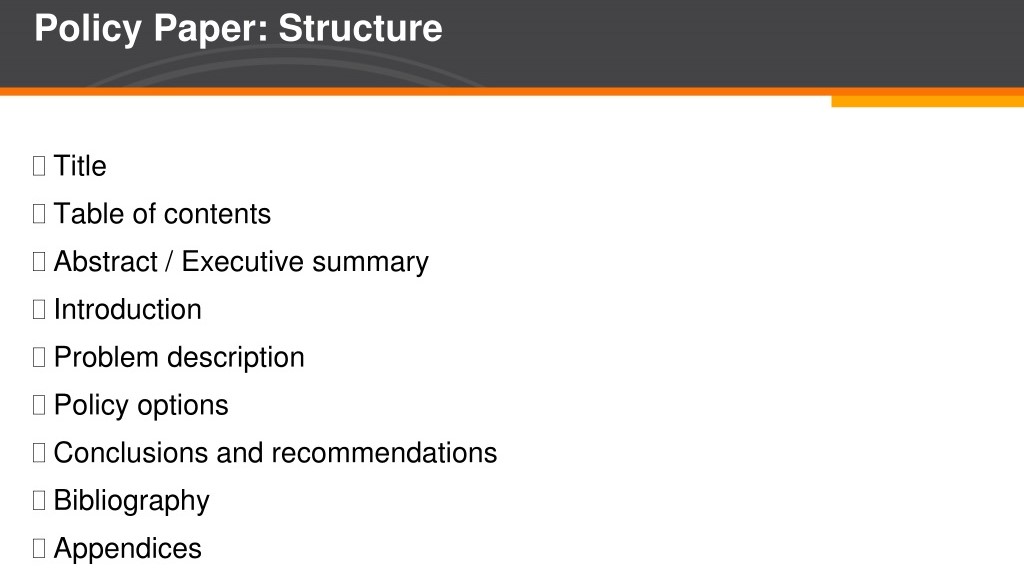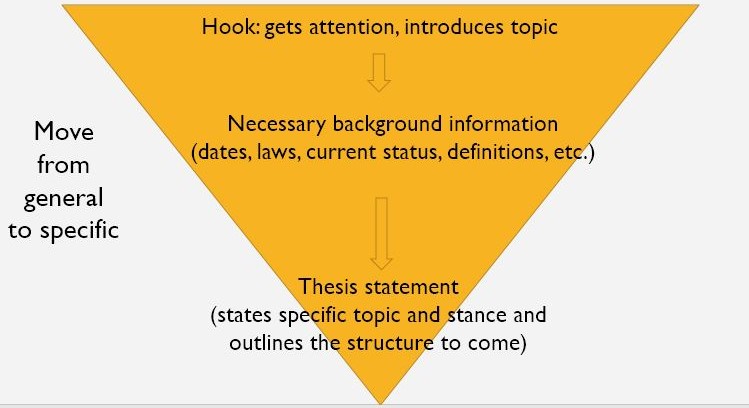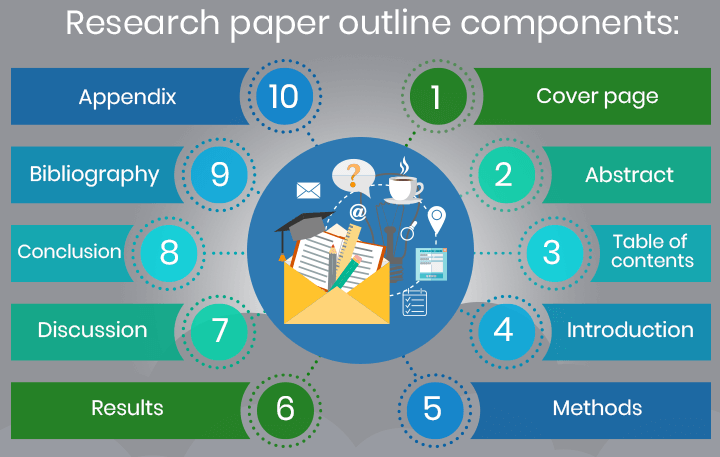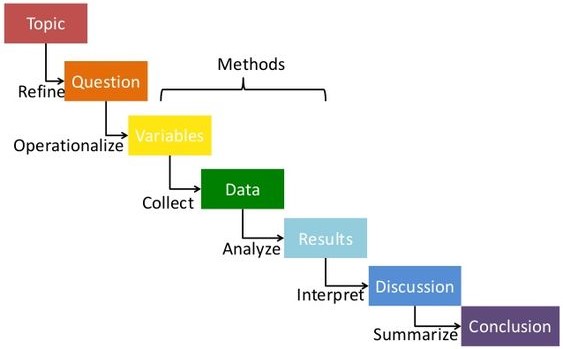
Table of Contents
Nursing is a demanding profession, requiring not only clinical expertise but also a strong foundation in critical thinking, research, and effective communication. A significant part of this academic journey involves crafting compelling nursing papers, which serve as a platform for exploring complex concepts, presenting evidence-based arguments, and demonstrating a deep understanding of the field.
For many students, the prospect of nursing paper writing can feel daunting. But fear not! This comprehensive guide provides practical strategies and essential tips to transform your writing from merely acceptable to stellar, paving the way for academic success.
The Essentials of Nursing Paper Writing
The nursing field is quite dynamic, and requires continuous learning and critical thinking for success. As a nurse, you may be tasked with writing various types of papers throughout your career, from academic assignments to professional reports. Here are some common types of nursing papers:
1. Literature Reviews: These papers synthesize and analyze existing research on a specific topic. They are often required for academic coursework and can provide a foundation for further research or clinical practice.
2. Case Studies: These papers present a detailed analysis of a specific patient or clinical situation. They often explore the patient’s history, symptoms, diagnosis, treatment, and outcomes.
3. Research Papers: These papers present original research findings based on empirical data collected through various methods, such as surveys, interviews, or experiments. They are typically longer and more complex than other types of nursing papers.
4. Policy Papers: These papers analyze current nursing policies and practices and propose recommendations for improvement. They may focus on specific areas of nursing, such as patient safety, quality of care, or professional development.

5. Reflective Essays: These papers explore the writer’s personal experiences and insights related to a particular nursing issue. They often involve self-reflection and critical analysis of personal beliefs and values.
6. Concept Papers: These papers explore the meaning and implications of a particular nursing concept. They may examine the historical development of a concept, its theoretical underpinnings, or its practical applications in clinical settings.
7. Clinical Practice Guidelines: These papers provide detailed instructions for the care of patients with specific conditions or needs. They are often developed by professional organizations and are used to standardize clinical practice and improve patient outcomes.
No matter the type of nursing paper you are writing, it’s crucial to have a solid understanding of the topic, a clear writing style, and a strong argument or thesis statement.
Step-by-Step Guide to Crafting Authentic Nursing Papers
1. Understand the Assignment
Before diving into research or composing your masterpiece, take time to thoroughly understand the assignment. Read the instructions meticulously, paying close attention to:
- Topic: What specific area of nursing is the paper focused on? Are there any specific concepts or theories you need to address?
- Purpose: What is the overall goal of the paper? Is it to inform, persuade, analyze, or compare?
- Length and Format: How many pages are required? What are the formatting guidelines (e.g., font, spacing, citations)?
- Deadline: Knowing the deadline helps you allocate your time effectively and avoid last-minute panic.
By clearly understanding the assignment, you set the stage for a well-structured and focused nursing paper writing process.
2. Conduct Thorough Research: Building the Foundation of Knowledge
A well-researched nursing paper writing is the cornerstone of a strong argument.
- Identify Relevant Sources: Utilize a variety of credible resources, including peer-reviewed journals, books, reputable scholarly websites, and professional organizations.
- Develop a Search Strategy: Use keywords and boolean operators (e.g., AND, OR, NOT) to refine your search and uncover relevant sources.
- Evaluate Sources Critically: Assess the credibility, currency, and relevance of each source. Look for authors with expertise in the field, publications from reputable journals, and evidence-based data.
- Take Detailed Notes: While reading, summarize key points, record relevant statistics, and note specific examples to support your arguments.
Remember, the quality of your research directly impacts the quality of your nursing paper writing.
3. Develop a Strong Thesis Statement: The Guiding Light
A thesis statement is the heart of your nursing paper writing, acting as a roadmap for your entire argument.
- Make it Clear and Concise: A well-crafted thesis statement should clearly express your main argument in one or two sentences.
- Be Specific and Focused: Avoid vague generalizations. Instead, state a specific claim about the topic you are exploring.
- Take a Stand: Your thesis statement should present a clear position on the issue, indicating what you will argue in your paper.
- Be Arguable: Choose a thesis statement that can be supported with evidence and is open to discussion.

A strong thesis statement serves as a compass, guiding your nursing paper writing and ensuring that each point you make directly supports your main argument.
4. Organize Your Thoughts: Structure for Success
A well-structured nursing paper writing is essential for clear communication and effective argumentation.
- Create an Outline: Before you begin writing, create a detailed outline that maps out the key points of your argument and the supporting evidence.
- Use Logical Transitions: Connect your ideas seamlessly using transition words and phrases (e.g., however, therefore, furthermore) to ensure a smooth flow between paragraphs.
- Focus on One Idea Per Paragraph: Each paragraph should focus on a single idea or point, providing evidence and analysis to support your argument.
- Use Headings and Subheadings: Organize your paper into clear sections using headings and subheadings to enhance readability and guide the reader through your argument.
A well-structured nursing paper writing allows your ideas to shine and demonstrates your ability to present complex concepts in a clear and organized manner.
5. Write with Clarity and Precision: The Power of Language
Your choice of language is critical in nursing paper writing, as it influences the clarity, credibility, and persuasiveness of your argument.
- Use Precise and Accurate Terminology: Employ specific nursing terminology and jargon to demonstrate your knowledge and understanding of the field.
- Write in a Formal and Objective Tone: Avoid slang, colloquialisms, and subjective language. Instead, maintain a formal and objective tone throughout your paper.
- Use Active Voice: Active voice makes your writing more dynamic and engaging. For example, “The nurse assessed the patient’s vital signs” is more active and engaging than “The patient’s vital signs were assessed by the nurse.”
- Avoid Plagiarism: Properly cite all sources using a consistent citation style (e.g., APA, MLA, Chicago). Always attribute ideas and information to their original authors to avoid plagiarism.
By paying close attention to your language, you can elevate your nursing paper writing to new heights of professionalism and academic rigor.
6. Support Your Claims with Evidence: Building a Solid Argument
Evidence-based practice is at the heart of nursing, and this principle extends to nursing paper writing.
- Use Credible Sources: Draw upon research findings, clinical studies, professional guidelines, and expert opinions to support your claims.
- Provide Specific Examples: Illustrate your arguments with concrete examples, case studies, or real-world scenarios to make your points more relatable and convincing.
- Analyze the Evidence: Don’t simply present evidence; analyze its implications and explain how it supports your argument.
- Address Counterarguments: Acknowledge and address opposing viewpoints to demonstrate a well-rounded understanding of the topic and to strengthen your own argument.
By providing solid evidence to support your claims, you build a strong and convincing argument that demonstrates your depth of knowledge and critical thinking skills.
7. Conclude with a Strong Summary and Implications: Leaving a Lasting Impression
The conclusion of your nursing paper writing provides an opportunity to leave a lasting impression on your reader.
- Restate Your Thesis: Reiterate your main argument in a clear and concise manner, drawing connections to the evidence presented throughout the paper.
- Summarize Key Points: Highlight the key findings and insights derived from your research and analysis.
- Discuss Implications: Consider the broader implications of your findings for nursing practice, patient care, or future research.
- Offer Recommendations: If appropriate, propose recommendations for future action or further research based on your findings.
A well-crafted conclusion not only summarizes your argument but also leaves the reader with a sense of closure and a deeper understanding of the topic explored in your nursing paper writing.
8. Proofread and Edit Thoroughly: Polishing Your Masterpiece
After completing your nursing paper writing, take time to proofread and edit your work carefully.
- Check for Grammar and Spelling Errors: Utilize grammar and spell-check tools, but also read your paper aloud to catch errors that may have been overlooked.
- Ensure Clarity and Conciseness: Read your paper critically, looking for areas where you can simplify language, shorten sentences, or remove unnecessary words.
- Check for Flow and Coherence: Ensure that your ideas are presented logically and that transitions between paragraphs are smooth and natural.
- Format According to Guidelines: Verify that your paper adheres to all formatting requirements (e.g., font, spacing, citations) outlined in the assignment instructions.
A polished and error-free nursing paper writing demonstrates your attention to detail and commitment to delivering high-quality work.
9. Seeking Feedback: A Valuable Step in the Nursing Paper Writing Process
While you strive for excellence in nursing paper writing, seeking feedback from trusted sources can help you identify areas for improvement.
- Ask for Peer Review: Exchange drafts with classmates and provide constructive feedback on each other’s work.
- Consult with Your Instructor: Schedule a meeting with your instructor to discuss your paper and seek guidance on specific areas for improvement.
- Seek Feedback from Experts: If possible, ask a nursing professional or researcher to review your paper and provide insights from their experience.
Feedback from others provides valuable perspectives that can help you refine your nursing paper writing and enhance its quality.
10. Embrace the Process: Learning and Growing Through Nursing Paper Writing
Nursing paper writing is an essential component of academic growth and professional development.
- View Writing as a Learning Opportunity: Embrace the challenge of crafting compelling arguments, conducting research, and effectively communicating your knowledge.
- Develop Critical Thinking Skills: Nursing paper writing requires you to analyze information, evaluate evidence, and form your own conclusions, honing your critical thinking skills.
- Embrace Feedback: Utilize feedback from peers, instructors, and experts to identify areas for improvement and continuously enhance your writing abilities.
By embracing the process of nursing paper writing, you cultivate essential skills that will serve you throughout your academic and professional journeys.
Navigating the Pitfalls of Nursing Paper Writing
Nursing paper writing, a crucial element of academic life, demands a meticulous approach to avoid common pitfalls that can hinder your success. From poor organization to inadequate research, there are several traps to watch out for. Here’s a guide to help you navigate these challenges:
1. Lack of Focus and Clear Thesis Statement:
The foundation of any strong nursing paper writing lies in a clear and concise thesis statement. It acts as a compass, guiding your entire paper and ensuring a focused argument. Avoid vague or overly broad topics, and ensure your thesis statement is directly relevant to the chosen subject.
2. Insufficient Research and Weak Evidence:
Robust research is the backbone of any successful nursing paper writing. Avoid relying solely on anecdotal evidence or personal experiences. Consult credible academic sources, peer-reviewed journals, and reliable databases to gather strong evidence to support your claims.
3. Poor Organization and Flow:
A well-structured nursing paper writing is easy to follow and understand. Divide your paper into clear sections with headings and subheadings to maintain a logical flow. Ensure each section builds upon the previous one, culminating in a strong conclusion that reiterates your main argument.
4. Inadequate Citation and Plagiarism:
Proper citation is essential in nursing paper writing to acknowledge the sources you use and avoid plagiarism. Ensure you understand the chosen citation style (APA, MLA, etc.) and adhere to it consistently throughout your paper.
5. Lack of Proofreading and Editing:
After completing your nursing paper writing, don’t forget the final step – proofreading and editing. Carefully review your paper for grammatical errors, typos, and inconsistencies. It’s also helpful to have a fresh pair of eyes review your work to catch any missed errors.
6. Ignoring Ethical Considerations:
When writing nursing papers, ethical considerations are paramount. Ensure you maintain patient confidentiality, respect privacy, and use ethical language throughout your paper.

Understanding and avoiding these common pitfalls in nursing paper writing will enable you to significantly enhance the quality and impact of your academic work. Remember, the key to successful nursing paper writing lies in meticulous planning, thorough research, and careful execution.
Frequently Asked Questions about Nursing Paper Writing
General:
- What are the common types of nursing papers?
- Literature reviews, research papers, case studies, concept analyses, care plans, and more.
- What are the main elements of a nursing paper?
- Introduction, literature review, methodology (for research papers), results, discussion, conclusion, and references.
- What are the key elements of a good nursing paper?
- Clear and concise writing, evidence-based content, adherence to APA format, proper citations, and originality.
- Where can I find credible sources for my nursing paper?
- PubMed, CINAHL, Cochrane Library, professional journals, reputable websites.
- What are some common writing mistakes to avoid?
- Plagiarism, grammatical errors, lack of citations, inadequate referencing, and weak arguments.
- How do I write a strong thesis statement for a nursing paper?
- It should be clear, concise, arguable, and specific. It should reflect the main point of your paper.
Research Papers:
- How do I conduct research for my nursing paper?
- Use keywords, databases, and library resources to find relevant research.
- What research methodologies are used in nursing?
- Quantitative (e.g., surveys, experiments), Qualitative (e.g., interviews, focus groups), Mixed methods.
- How do I analyze and interpret my research findings?
- Use tables, graphs, and statistical analysis to present your results.
- What ethical considerations should I be aware of when conducting research?
- Informed consent, confidentiality, anonymity, and data security.
Other:
- How do I write a good nursing care plan?
- Follow a standardized format, address patient needs, include interventions and evaluations.
- How do I cite sources in a nursing paper?
- Follow APA format for citations and references.
- How can I improve my writing skills for nursing papers?
- Read widely, practice writing, get feedback from peers and instructors.
- What are some helpful resources for nursing paper writing?
- Online writing guides, style manuals, and tutoring services.
Remember:
- Seek guidance from your instructors or librarians.
- Start writing early to avoid last-minute stress.
- Don’t hesitate to ask for help if you need it.
This list is not exhaustive, but it provides a starting point for understanding common questions about nursing paper writing. The best way to find answers to your specific questions is to consult with your instructors or librarians.
Nurturing Your Skills in Nursing Paper Writing
Mastering the art of nursing paper writing is a journey that involves dedication, practice, and continuous improvement. The guidelines discussed above can help you to transform your writing from merely acceptable to stellar, positioning yourself for academic success and professional growth. Remember, nursing paper writing is not simply an assignment; it is an opportunity to explore complex concepts, develop critical thinking skills, and contribute to the advancement of the nursing profession. Embrace the challenge, hone your skills, and let your writing shine!
Get Professional Nursing Paper Writing Help
At PhD Nurse Writer, we are the academic writing experts that you should engage when seeking help with nursing papers. Our service covers topic suggestion, paper writing, proofreading and editing, formatting and plagiarism removal. We provide all-inclusive academic writing services for nursing essays, case studies, research papers and dissertations.











